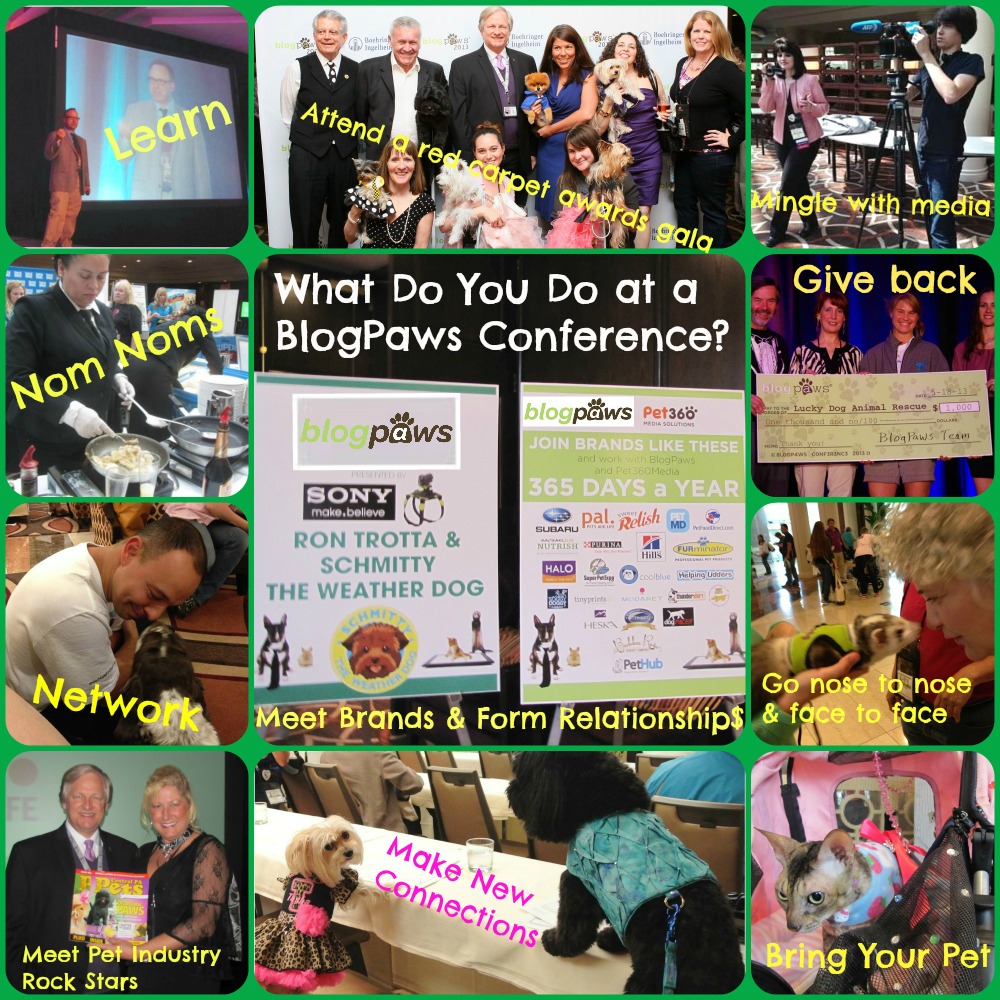How Do You Find Expert Sources for Blog Posts?
In the first article in this series, When Should You Source an Expert for Your Blog Post?, you learned when you need sources, but equally important is finding a quality one. After all, there are many veterinarians in the world with varying opinions. You want to find the ones with expertise in the specialty related to your article.
How do you find expert sources for blog posts? Try these tips to find credible sources:
- Start by contacting associations.
When I need a veterinarian, I always start by calling the press line for the American Veterinary Association. I let them know exactly what I need, and they’ll direct me to the best person available for that topic. For instance, I may need a veterinarian who does a lot of physical therapy for dogs, or I may need someone who’s dealt with cats who’ve eaten a dangerous plant.
For pet health insurance questions, I contact the North American Pet Health Insurance Association. For behaviorists, I contact the International Association of Animal Behavior Consultants.
- Don’t be afraid that you’re blog is too small for a professional or association to respond.
Professional organizations and individuals working in those professions want credible, correct information out there as much as possible. Most associations will respond no matter how many readers you have. You should give them time to find sources. A week or two is plenty of time, but do tell them if you’re on a faster deadline. Follow up on your request within a day or two by email or phone.
- Use referrals from other sources.
One of the best ways I’ve found great sources is by asking other great sources. For instance, I’ll ask one veterinarian for a recommendation for one with a different specialty or a family whose pet has battled that particular issue. You can create compelling stories that help your readers by combining a real life situation with expert information.
- Pay attention to how study information is gathered and date available.
When you contact associations, remember they are also a great source of statistics. Ask for study data that applies to your story. When an organization doesn’t have the data you need, ask for a referral to a university that might. Always look at how many pets were studied and whether the study was recent. A study from ten years ago looks out dated to your readers and someone can say something is a statistic when they’ve only studied several pets. In these cases, it’s better to use an anecdote story from a family or professional.
How do you find expert sources for blog posts? What steps do you take to ensure the sources you identify are credible? Or, if you haven’t yet used experts for a blog post, what questions do you have about the process?
Reyna Gobel is Woof Woof’s proud dog parent and an award winning journalist and author. All three of her books were picked as financial book of the month by The Washington Post. She’s been published and quoted in dozens of national magazines including most US airline travel magazines. Her pet articles have appeared on CBS.com, in Modern Dog, and on Reuters.com. She co-writes the “Woof Woof Travels” column for petfriendlytravel.com. Woof Woof has been modeling, acting and reporting since he was 7 weeks old. She’ll announce Woof Woof’s upcoming website and new project in July.
Image: Antic Milos/Shutterstock.com





